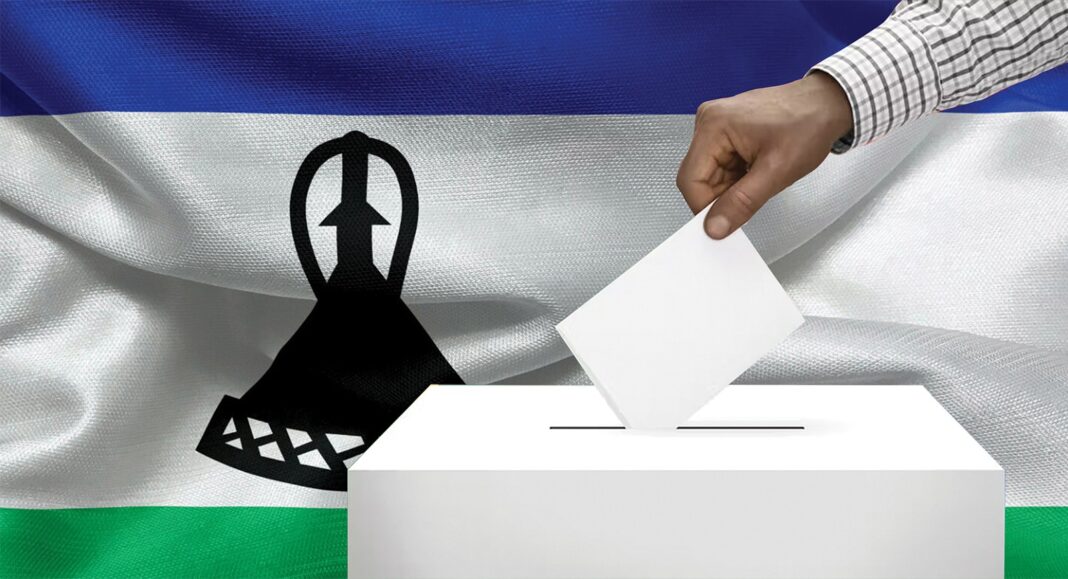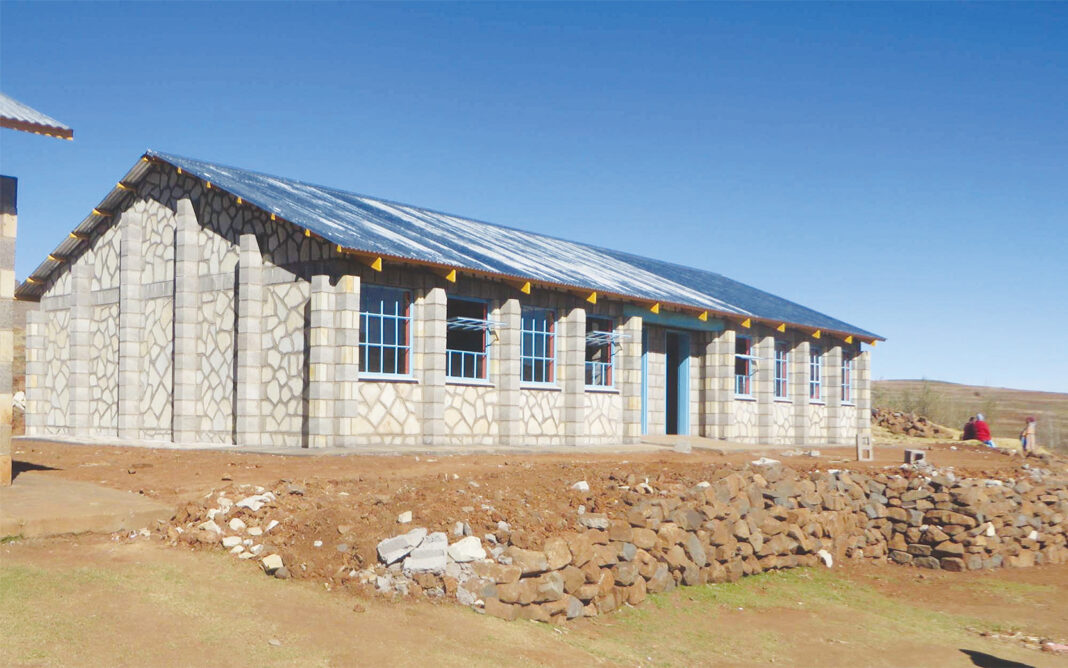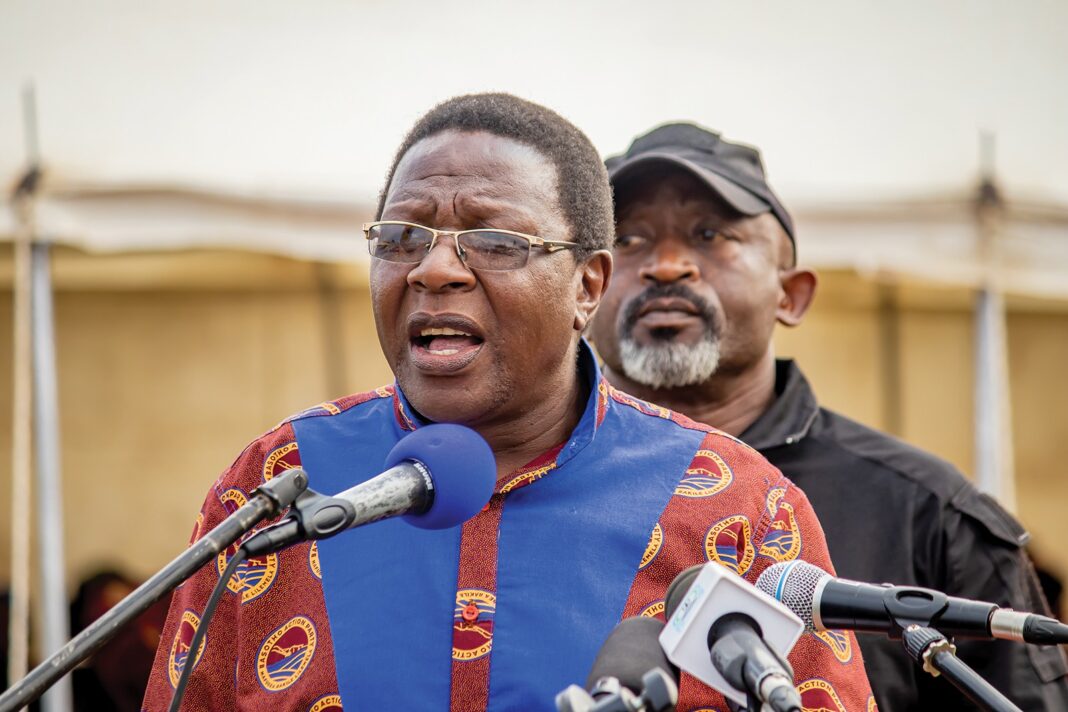As a matter of fact, the quality of education has come in for a lot of criticism and its efficacy has been questioned. Some believe it is antiquated and out of touch with modern day needs. So, what do some of the parties contesting tomorrow’s elections say about the state of education in Lesotho?
All Basotho Convention leader Nkaku Kabi
I think that is very true and, after the September elections when we are back in government, we are going to prioritise education. I think the main reason for our stagnant and non-progressive education system is that the ABC has never really been in charge of the education ministry since the first coalition of 2012. The sector was managed in line with the vision of the other parties. There are real challenges there, for example the working conditions of teachers that leave them frustrated and disgruntled. Some teachers go for months, or even years, without being paid after employment. There is also the challenge of lack of textbooks and teaching aids in schools. These are some of the challenges we plan to root out.
As new leader of the party, Kabi is under no illusions as to the challenge of filling the big boots of larger than life erstwhile leader Thomas Thabane. The brutally honest and straight talking Kabi who exudes confident simplicity is undaunted, though, and he believes that – notwithstanding normal glitches here and there – a fresh mandate is in the offing for the party, come tomorrow.
Basotho Action Party leader Nqosa Mahao
Our education system needs a total overhaul. As the BAP we say, at the middle level you need to establish vocational and technical schools in every district of the country. Because artisans and technical people are the people who drive the economy of the country. Without them the economy cannot work. And you need to create as many of them as possible. Also because these are the people who would be able to employ themselves and employ others.
At tertiary level, we have said with a 10-year period we will have transformed the landscape such that 60 percent of enrolments in tertiary will come from disciplines such as agriculture, science, technology, engineering and mathematics, health and commerce. That way you will be generating a crop of citizens who are relevant in terms of the direction of the global economic growth and relevance to the needs of our society. At the moment, over-emphasis on the arts, humanities and some of the social sciences is the direct consequence of why we have so many graduates walking the streets without job opportunities.
Mahao does not believe in those colourful manifestos which he says promise much but offer very little in terms of implementation. He believes his party’s well thought out and workable programme of action will set the country on a path to an inclusive economy anchored on all round clean and accountable governance.
Democratic Congress deputy leader Motlalentoa Letsosa
That belief is there, more especially when you see many people who have graduated from colleges and universities loitering without jobs. DC wants to put more emphasis on TVET education, Technical and Vocational Education. That is the kind of education which gives learners a chance to create jobs and employ others, but once you go the university route and these other colleges we have, most of the people who come from such institutions want to be employed. So, first we want to make sure we focus on TVET education and then we want to make sure that we deal with the backlog we have now, of unemployment. We are going to do a lot of things, we are also going to introduce what is called the U-Service so that at least when they go to places of work, they have some experience to join the work force.
The DC surprised all and sundry when it formed a coalition government with its nemesis the All Basotho Convention in 2020. No doubt the party is reinvigorated, but can it be trusted?
Alliance of Democrats leader Monyane Moleleki
That is not correct. We must invest in education that teaches life skills in technology, engineering and science subjects which are good for today. But we need to invest heavily in education more than any other sector. It is only through education, good training of our people and recognition of people with skills, even if they were not formally trained but.
If there’s one thing that Moleleki is proud of, it is the party’s competent, tried and tested personnel to run a government.
Movement for Economic Change leader Selibe Mochoboroane
This is indeed a serious concern. In the past when a student has completed their diploma they could not proceed to do s degree if they had not paid of their National Manpower Development Secretariat. The result was that we ended up with diploma holders with no research skills, and were forced to engage foreign consultants to conduct researches for us. That problem has been dealt with. Now, another challenge is the programmes that our students follow at tertiary level. Are they skills that we need, that will put them in a position to create jobs. That’s what we need to look into, producing skills that are required by the labour market. The colleges need to upgrade. For example, Fokothi needs to start offering degrees. These colleges need to diversify the programmes that offer, and reduce the need to sponsor students to study in South Africa.









